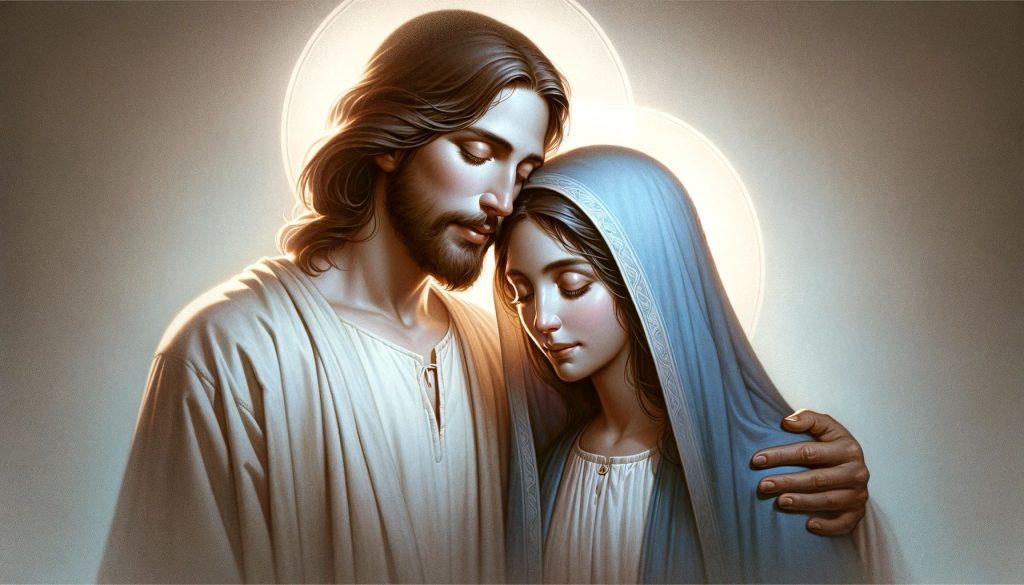The human longing for happiness is universal, yet true contentment often seems just out of reach. The skeptic’s claim, “I am perfectly happy,” prompts a deeper reflection. In reality, is anyone truly devoid of any further desires or aspirations? The human condition, with its many complexities, seldom allows for such a state of complete fulfillment.
The Misconception of Religion as a ‘Kill-joy’
Religion, particularly in the context of Catholicism, is often misunderstood as a source of gloom or restriction. However, this perspective overlooks the profound joy found within the faith. St. Francis of Assisi serves as a testament to the deep happiness that can be found in a life devoted to faith. Raised in the Catholic tradition, he experienced a level of joy and contentment that transcends worldly pleasures.
The Joy in Religious Practices
The rituals and practices within the Catholic Church offer profound joy to believers. The simple act of a priest celebrating Mass or a believer partaking in Holy Communion embodies a spiritual joy that surpasses ordinary life experiences. These moments of grace and communion with God provide a deep sense of fulfillment that is often elusive in secular pursuits.
Death and the Afterlife: A Catholic Perspective
The notion that death signifies the end of existence is a belief that stems from a refusal to engage with deeper existential questions. Catholic doctrine, as illuminated by Scripture, challenges this view. The Bible teaches that there is more to life than our earthly existence. In Hebrews 9:27, it is written, “And as it is appointed unto men once to die, and after this the judgment.” This verse implies a continuity beyond death, a reckoning that follows earthly life.
Meeting God After a Life of Disregard
For those who have lived ignoring or rejecting the notion of God, the afterlife presents a sobering reality. The Catholic faith holds that we will all face God after death. As it says in Romans 14:12, “So then every one of us shall give account of himself to God.” This accountability suggests that our actions and beliefs in this life have eternal implications.
The Fallacy of ‘Death Ends All’
The belief that death is the absolute end is not born of rational thought but rather from an avoidance of contemplation on life’s deeper meanings. Catholic theology, drawing from Biblical wisdom, offers a perspective that life extends beyond our physical existence. This view invites individuals to consider the eternal ramifications of their earthly life and choices.
In conclusion, the Catholic faith, far from being a source of sorrow or limitation, offers a path to profound joy and a hopeful perspective on life and the afterlife. It challenges individuals to think deeply about their existence and the eternal journey of the soul.
🙏 PayPal Donation Appreciated
The Case for Catholicism - Answers to Classic and Contemporary Protestant Objections
Disclaimer: As an Amazon Associate, I earn from qualifying purchases. Thank you.
